

SEC Announces Departure of Enforcement Director Gurbir S. Grewal; Sanjay Wadhwa Named Acting Director, Sam Waldon Named Acting Deputy Director
On October 2, 2024, the Securities and Exchange Commission (SEC) announced the departure of Gurbir S. Grewal, Director of the Division of Enforcement, effective October 11, 2024. Following his departure, Sanjay Wadhwa, the current Deputy Director of the Division, will step into the role of Acting Director. Meanwhile, Sam Waldon, Chief Counsel of the Division, will assume the position of Acting Deputy Director.

Key Takeaways from SEC Fraud Charges Against the Kubient Officers
In early October, the Securities and Exchange Commission (SEC) filed accounting fraud charges in the U.S. District Court for the Southern District of New York against the CEO, CFO, and Audit Committee Chair of Kubient, Inc. Kubient, a technology company that claims to employ artificial intelligence to detect fraud in digital advertising, is now at the center of an enforcement action highlighting serious governance failures at the highest levels of management.

SEC Charges Accountant Olayinka Oyebola and His Firm With Aiding and Abetting Massive Fraud
The Securities and Exchange Commission (SEC) has taken significant enforcement action against Olayinka Oyebola and his accounting firm, Olayinka Oyebola & Co. (Chartered Accountants), alleging their role in a sprawling securities fraud orchestrated by Mmobuosi Odogwu Banye, a businessman with an ambitious—and, it turns out, fictitious—empire of U.S.-based companies.

SEC Charges Keurig Over Misleading Recyclability Claims of K-Cup Pods
On September 10, 2024, the SEC charged Keurig Dr Pepper Inc. (Keurig) with making misleading statements regarding the recyclability of its widely used K-Cup coffee pods. The action is part of the SEC’s ongoing initiative to combat “greenwashing”—the practice of making exaggerated or unsubstantiated claims about a company’s environmental practices or products.

SEC Enforcement Sweep Targets Companies and Insiders for Late Filings under Section 16 and 13(d), (g), and (f)
The SEC’s fiscal year is winding down, and once again, we are seeing what is becoming a predictable, if not formalized, year-end tradition: a broad Enforcement sweep targeting companies and insiders for failing to meet timely filing requirements under Sections 16(a), 13(d), 13(g), and 13(f) of the Exchange Act. This year, 23 respondents—both corporate entities and individuals—were charged for violations stemming from late short-swing trading reports (Forms 3, 4, and 5) and beneficial ownership reports (Schedules 13D and G). Penalties ranged from $10,000 to $750,000, totaling more than $3.8 million. The SEC’s use of data analytics to identify these reporting failures continues to demonstrate the agency’s commitment to leveraging technology to enforce even technical compliance obligations.

New FinCEN AML Rule Brings Heightened Scrutiny to Registered and Exempt Reporting Investment Advisers
On August 28, 2024, the Financial Crimes Enforcement Network (FinCEN) finalized a rule that imposes new Anti-Money Laundering (AML) and Countering the Financing of Terrorism (CFT) program requirements on registered investment advisers (RIAs) and exempt reporting advisers (ERAs). For the first time, these advisers will be formally recognized as “financial institutions” under the Bank Secrecy Act (BSA), and thus subject to its AML/CFT regulations. The new rule will go into effect on January 1, 2026, signaling a significant shift for both RIAs and ERAs, who will need to implement comprehensive compliance programs to meet these requirements.
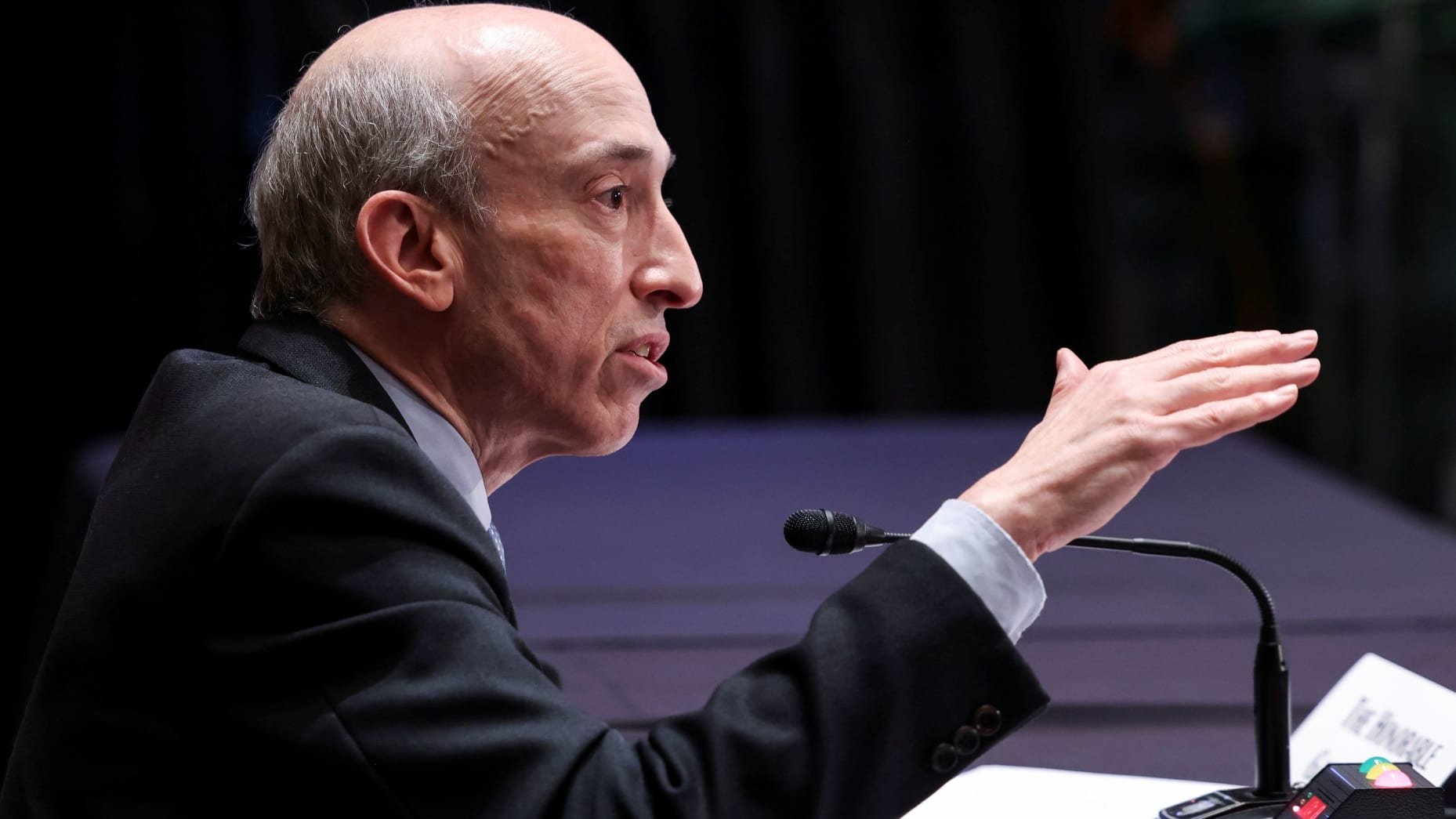
SEC Updates Dollar Threshold for Qualifying Venture Capital Funds: What It Means for the Industry
On August 22, 2024, the Securities and Exchange Commission (SEC) adopted a new rule that updates the dollar threshold for a fund to be considered a "qualifying venture capital fund" under the Investment Company Act of 1940. The rule raises the threshold from $10 million to $12 million in aggregate capital contributions and uncalled committed capital, reflecting inflation adjustments mandated by the Economic Growth, Regulatory Relief, and Consumer Protection Act of 2018.
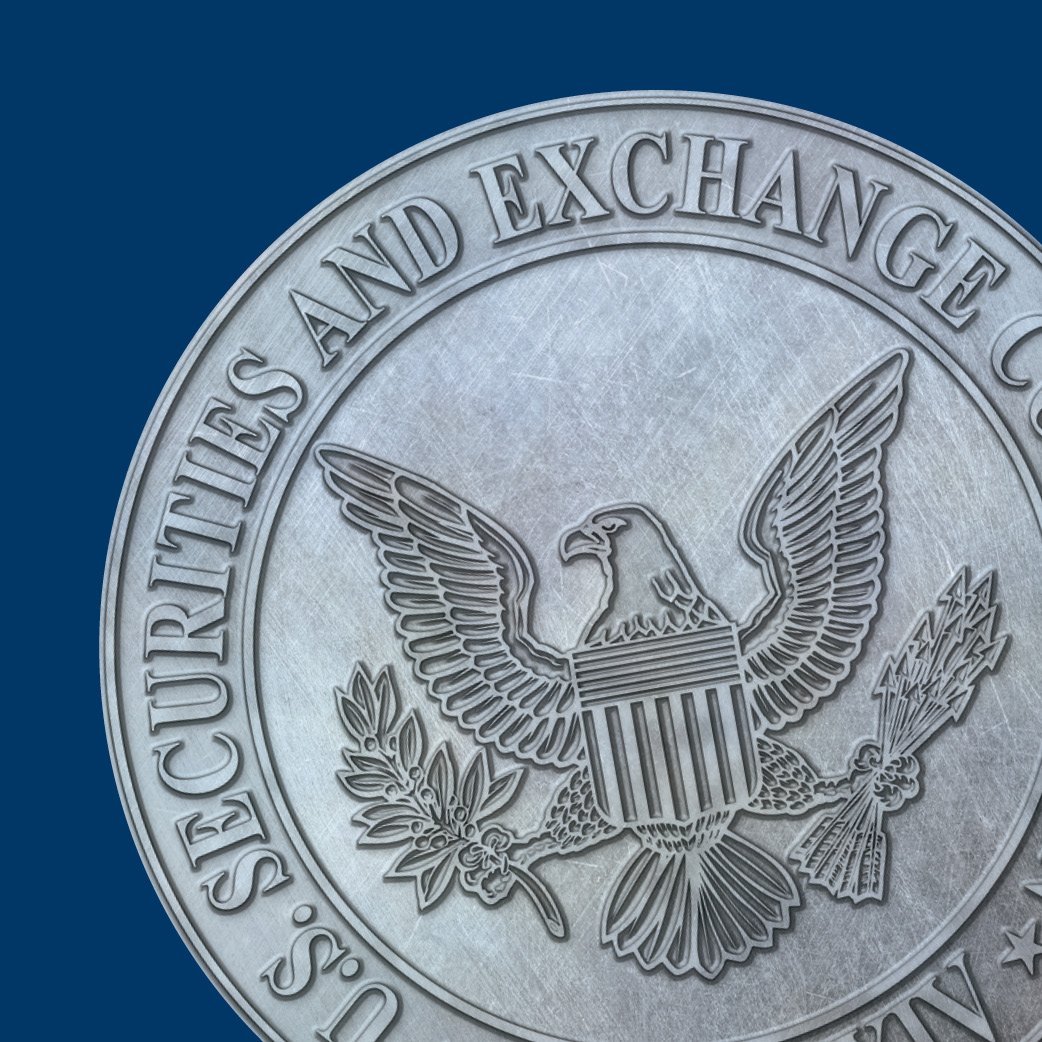
The Aftermath of PFAR’s Demise: Navigating Private Equity Compliance in a New Regulatory Landscape
The recent vacating of the Securities and Exchange Commission’s (SEC) Private Fund Adviser Rules (PFAR) by the Fifth Circuit Court has sent ripples through the private equity (PE) industry. What was initially viewed as a burdensome regulatory overhaul for PE firms is now seen as a moment of reprieve, but also a pivotal point that raises larger questions about the future of SEC oversight. While many private equity firms are breathing a sigh of relief, this regulatory pause is unlikely to signal the end of increased scrutiny from the SEC. In fact, firms may need to prepare for a more nuanced and evolving approach to compliance in the wake of PFAR’s collapse.

Untangling the SEC's Web: Regulatory Challenges Facing Crypto and Digital Assets
Under the leadership of Chairman Gary Gensler, the Securities and Exchange Commission (SEC) has adopted an approach to digital assets that some have described as "enforce first, make rules never." This strategy, while potentially effective in areas where clear guidance exists, has left digital asset market participants in the United States facing significant regulatory uncertainty. Without clear rules, the SEC’s aggressive enforcement tactics have had the effect of stifling innovation and driving businesses overseas. This article explores the key issues in the SEC’s current stance on digital assets and the need for a more thoughtful and predictable regulatory framework.

Elizabeth Warren Questions FINRA's Enforcement Decline: Key Considerations for Companies
On August 29, 2024, Senator Elizabeth Warren raised concerns regarding a sharp decline in enforcement actions by the Financial Industry Regulatory Authority (FINRA). In a letter to FINRA CEO Robert Cook, Warren questioned whether this drop reflects a deliberate shift in regulatory strategy. The number of enforcement actions last year was the lowest since FINRA’s inception in 2007, and fines have similarly decreased. Warren’s inquiry highlights potential implications for both FINRA’s oversight and the broader regulatory landscape.

Navigating the Complexities of Rule 13f-2 Compliance: Preparing for New Data Management Challenges
As the clock ticks down toward the January 2025 compliance deadline for SEC Rule 13f-2, institutional investment managers face an unprecedented regulatory challenge. This new rule, aimed at increasing transparency around short-selling activities, represents a significant shift from existing reporting frameworks, leaving firms grappling with how to overhaul their data management and reporting systems.

Strengthening Whistleblower Protections: SEC Enforcement and Key Actions for Companies
On September 9, 2024, the U.S. Securities and Exchange Commission (SEC) announced settlements with seven public companies for violations of whistleblower protections under Rule 21F-17 of the Securities Exchange Act of 1934. This latest enforcement action underscores the SEC's growing commitment to ensuring whistleblowers can report potential securities violations without fear of retaliation or obstruction. Companies are now called to reassess their policies to comply with these important protections.

SEC's Push for Sanctions Against Elon Musk: Implications for Corporate Governance
On September 20, 2024, the U.S. Securities and Exchange Commission (SEC) announced its intention to seek sanctions against Elon Musk, the CEO of Tesla and SpaceX and owner of X (formerly Twitter). This move comes in light of Musk’s failure to comply with a court order to testify regarding his $44 billion acquisition of Twitter. The implications of this case extend beyond Musk himself, raising significant questions about corporate governance, transparency, and the responsibilities of high-profile executives.

Equity Crowdfunding: A Comparison of Reg A, Reg CF, and Reg D
In the ever-evolving landscape of modern capital formation, the avenues available to entrepreneurs are both myriad and complex. Navigating the regulatory intricacies of Regulation A (Reg A), Regulation Crowdfunding (Reg CF), and Regulation D (Reg D) transcends mere compliance; it is a strategic imperative that can profoundly shape the trajectory of a business. Each regulatory framework not only delineates specific parameters regarding investor eligibility and funding caps but also carries distinct implications for ongoing disclosure and market engagement.

Broker-Dealers vs. Unregistered Finders in Capital Raising
Determining whether an intermediary operates as a finder or an unregistered broker-dealer is a nuanced and fact-specific inquiry that can present significant challenges. For unwary entrepreneurs, corporate executives, and equity fund sponsors, the stakes are high; engaging a third party that inadvertently crosses the line into broker-dealer territory can result in serious regulatory repercussions.
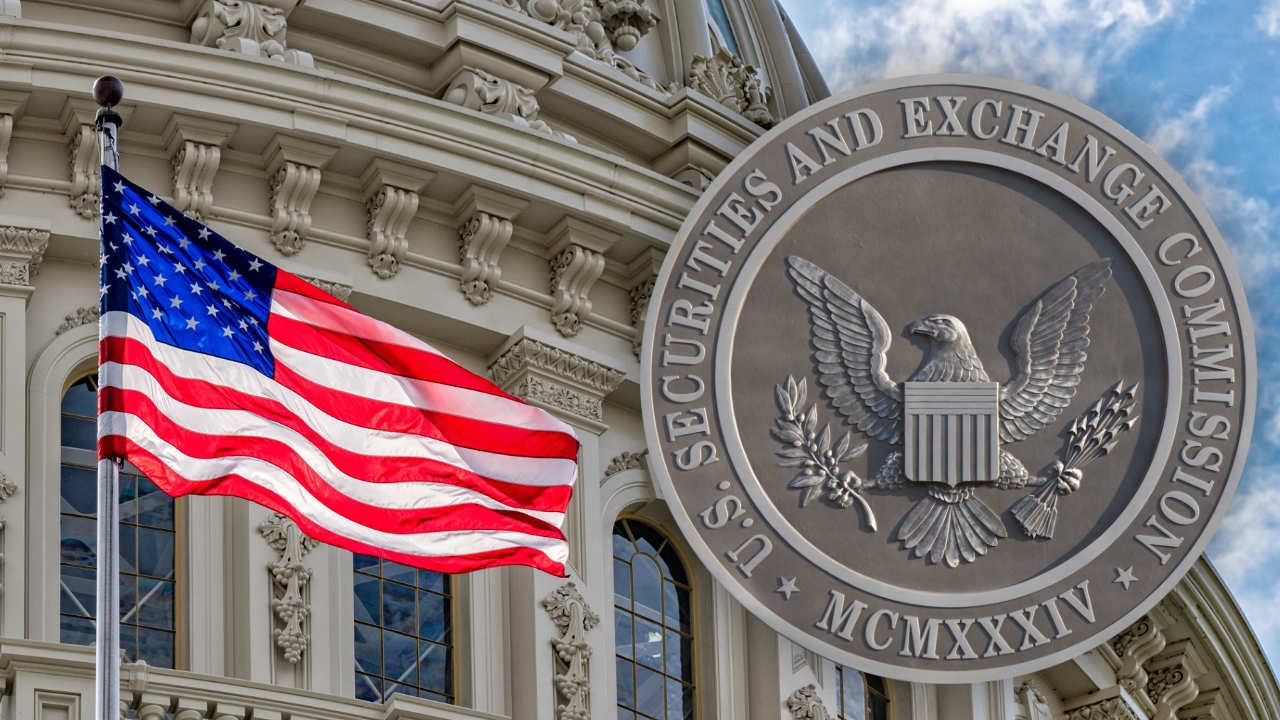
SEC Adopts Amendments to Regulation NMS: New Minimum Pricing Increments, Reduced Access Fee Caps, and Enhanced Order Transparency
On September 18, 2024, the U.S. Securities and Exchange Commission (SEC) announced significant amendments to Regulation NMS (National Market System) aimed at improving market quality, reducing transaction costs, and enhancing transparency in equity markets. These changes, which address minimum pricing increments (tick sizes), access fee caps, and the visibility of better-priced orders, mark a major shift in the regulatory landscape designed to foster competition and protect investors.
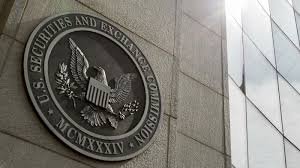
SEC Shifts Focus: Climate and ESG Enforcement Task Force Disbanded
The Securities and Exchange Commission (SEC) recently dissolved its Climate and ESG Enforcement Task Force, signaling a notable shift in the Commission's regulatory focus. Formed in 2021 under Acting Chair Allison Herren Lee, the Task Force played a central role in SEC Chair Gary Gensler’s push to enhance the availability of environmental, social, and governance (ESG) data for investors. However, after facing significant industry resistance and legal challenges, the SEC has decided to wind down the Task Force, though several key ESG and climate-related rules remain in development.

Preparing for 2025: Key ESG Trends and Regulatory Updates for In-House Counsel
As we move towards 2025, ESG (Environmental, Social, and Governance) issues continue to evolve, driven by new regulatory frameworks, increasing litigation, and heightened scrutiny from investors and stakeholders. For in-house counsel, staying ahead of these developments is critical, as 2025 promises to bring new challenges and opportunities. This article outlines the key ESG trends and regulatory updates that legal departments should be preparing for as we head into the new year.

SEC Targets Misleading AI Claims: Enforcement Actions and Key Takeaways
Explore the SEC's recent enforcement actions targeting "AI washing"—the practice of overstating or misrepresenting the use of artificial intelligence. Learn about key cases, regulatory risks, and compliance strategies for firms leveraging AI technology.
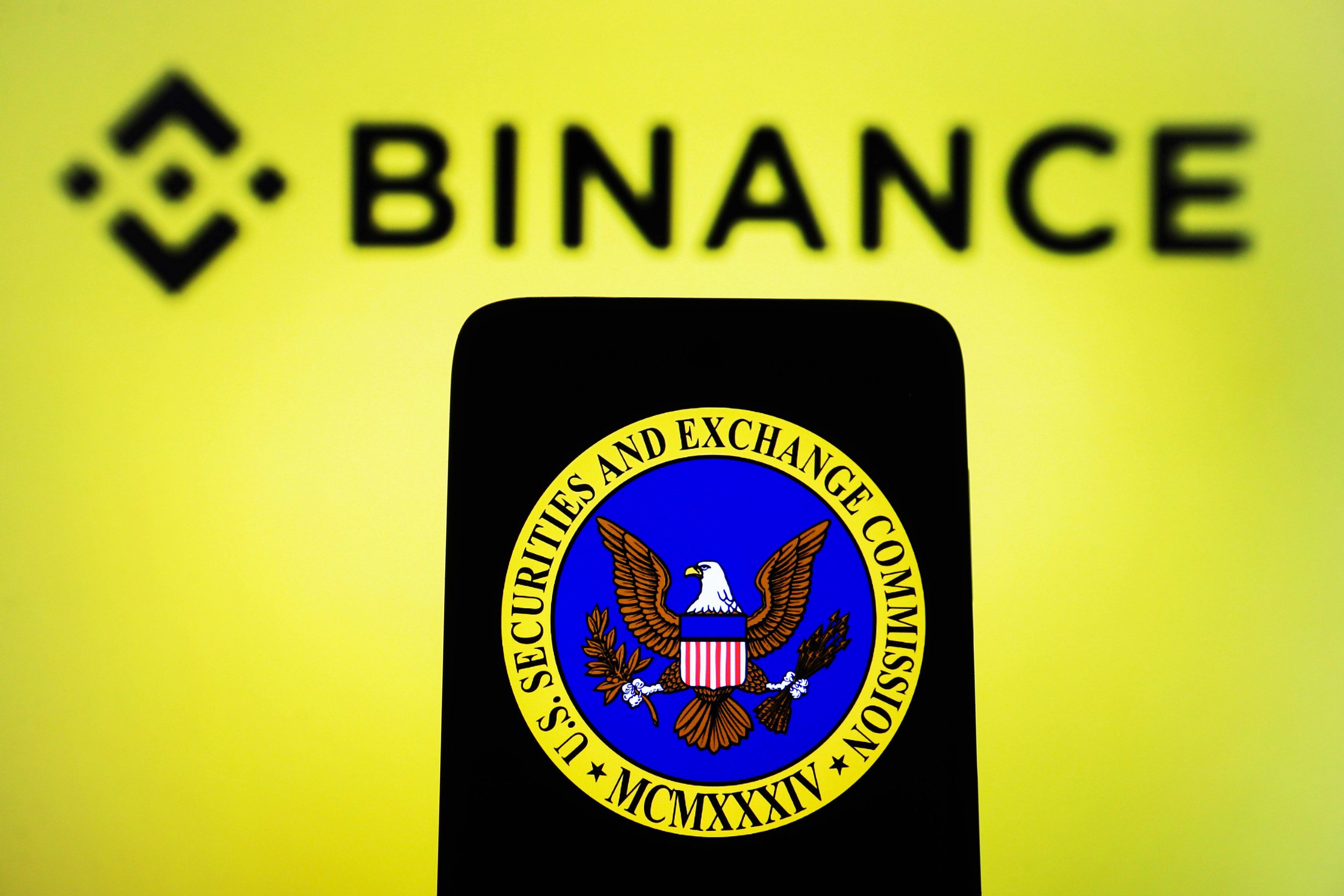
SEC Amends Binance Complaint Amid Industry Criticism Over Token Classification
In a recent development, the U.S. Securities and Exchange Commission (SEC) amended its complaint in the ongoing case against Binance, one of the world’s largest cryptocurrency exchanges. The SEC acknowledged that it may have caused confusion regarding its stance on whether certain digital tokens should be classified as securities. This amended filing, submitted in the District of Columbia, includes procedural adjustments and legal clarifications, reflecting an evolving enforcement strategy as the SEC seeks to address the regulatory challenges posed by digital assets.
